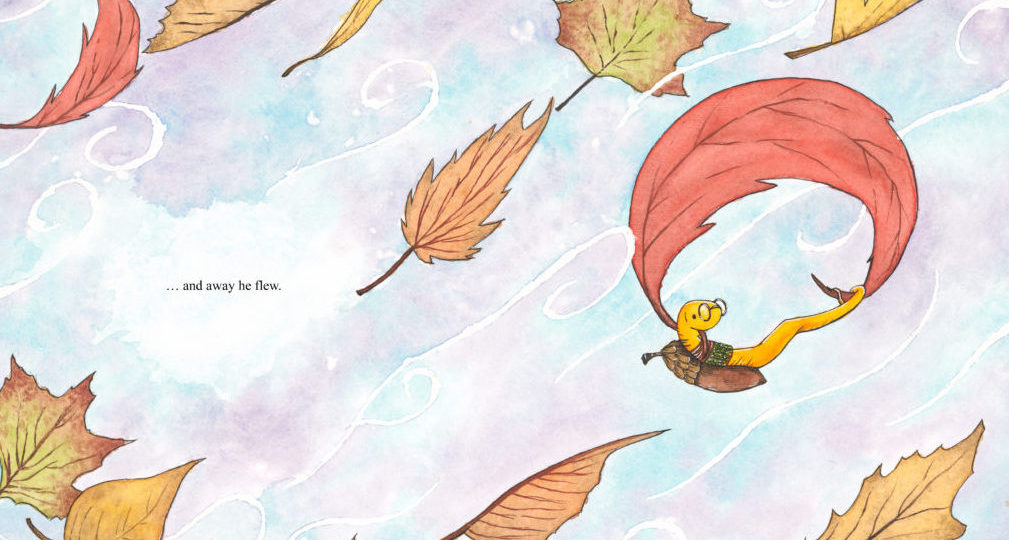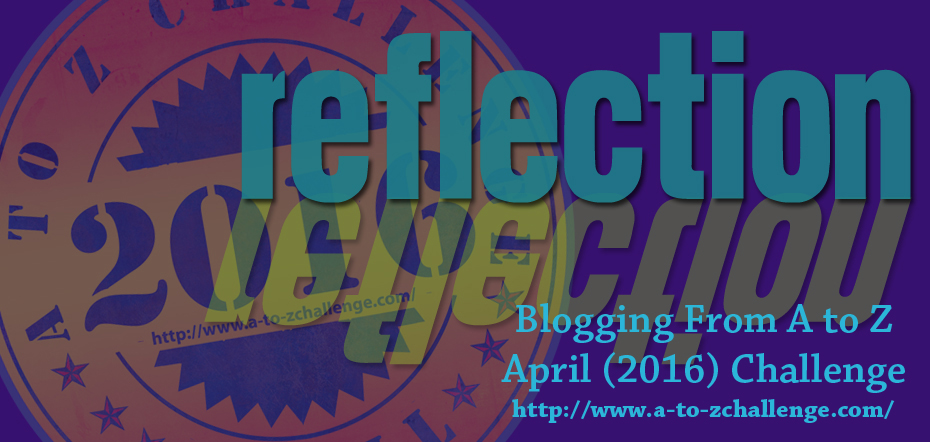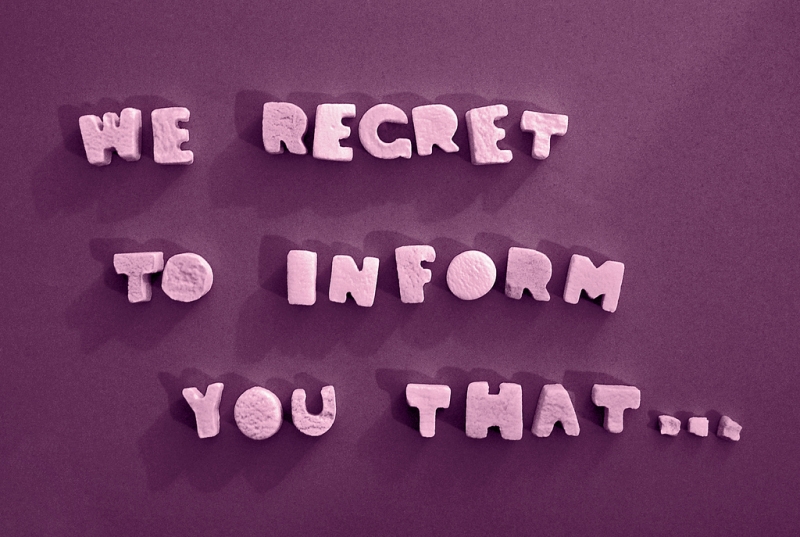-
Twitter Opportunities for Writers: #PBCritiqueFest
There are so many Twitter opportunities for writers looking to get published. Why wouldn’t you participate?
Twitter hosts a number of pitching contests where you can pitch your story idea to agents, editors, even some publishers, throughout the year. These offer a quick way to get a feel for the interest in your story idea. Although I wouldn’t lose heart if you don’t get a like throughout the contest from an agent. There are so many people adding to the feed throughout the day, these contests just act as a way to get your foot in an agent’s door. An encouragement to send them your query, as they you have peeked their interest with your story pitch!
-
The Waiting Game Begins: Query Writing (Part Three)
I got a wonderful response from my last blog post about Picture Book Writer Musings: Cutting Characters, so I thought I’d do another post for those interested in becoming a writer, or for those curious on how books get from the writer’s hands to the shelves.
Spoiler Alert: It’s not as easy as it looks!
When I’m asked what I do, as in what job I do, saying that I’m a writer and an illustrator brings about curiosity. The first question asked, like clockwork, is “Anything I would know?” but once I’ve made my way through that one, the other questions follow:
What do you write? How did you know you wanted to be a writer? What are your stories about? What do you do after you’ve written a book? Do you go online and sell it yourself? Do you find a publisher?
Those are just a few of the questions I’ve been asked in the past eight years since beginning my writing journey. The first three are easy ones. Those are related to my personal journey of becoming a writer, to which you can find out more about that
here
-
-
A to Z Challenge Reflections
April is over and with it, the A to Z Challenge for bloggers. I posted one post every day, except for Sundays, and ended with 26 new blog posts.
A to Z breakdown for the month:
A is for Amigurumi
B is for Bibliophile
C is for Crochet
D is forDialogue: Writing Dialogue That Works (Part 2)
-
A to Z Challenge: R is for Rejection
Fear of rejection. Putting yourself and your work out into the world is hard enough, now we have to get used to being rejected too? That in and of itself has caused many writers to stop the story they are working on to move on to other ventures.
Handling rejection isn’t something that comes naturally to any of us. In the business of writing, however, if you ever want to get your work published, it is something you must learn to accept graciously, deal with, and move on.
It happens. A lot for many. A little for few.
I had done extensive research before ever sending out that first query letter to gain an agent. I read the blogs that explained how Stephen King’s book, Carrie, had been rejected 30 times before finding an agent to represent it and him. Frank Herbert’s famous book, Dune, was rejected 20 times before it got to the printers. Beatrix Potter had to self-publish The Tale of Peter Rabbit in order to see her book and illustrations in print (for more, see 50 Iconic Writers…Rejected).
When I sent out those first five query letters, I had bolstered my confidence with the understanding that I was bound to get rejected (see my post on
Q is for Query Writing
-
A to Z Challenge: Q is for Query Writing (Part One)
For writers who want to go the traditional publishing route, at some point, you will need to write a query letter. A query letter is a one page letter to a literary agent or publisher, giving specific information about the project you are trying to get published.
If you are querying an agent, your letter is your way of enticing them to want to read more. It is the way you go about getting them to represent you. An agent will become your foot in the door with publishers and the more money they make you in contract negotiations, the more money they make, so it behooves them to shoot for the stars for you and your new manuscript.
The reason so much rejection occurs (see post on handling Rejection), is because agents need to be selective with who they decide to represent. You want them to be this way because you are looking for an agent who feels strongly about you and your writing. The more they believe in your story the more they will fight for you to get the deals you hope to get.
If you decide to go straight to publishers, instead of getting an agent first, then a query will still serve a similar purpose. Publishers, however, often request additional things be sent to them. They may want a cover letter and the first 50 pages of your book, along with an author bio, and a synopsis. Sometimes they may even want an outline, giving them a few lines per chapter about what each chapter is about.
Whatever it is that either party is asking for (literary agents or publishers), it is important to follow their requirements as they have them laid out in their agency’s submission guidelines.
A suggestion I would make to any who are at the querying stage: go to the literary agent’s own blog or website that you want to query. Spend some time there. See if they’ve posted anything on their manuscript wish list. See if they want something a little different when you query them than what their agency requests on their submission guidelines page.
I have seen some agents whose agency wants a query letter, plus a couple of other things (first five pages, synopsis, etc.), but they only want the query. This doesn’t happen often, but why not take the time to have a look, just to be sure?
Part of the query letter that there has been a lot of debate about, is whether to include a personalized sentence or two explaining why you specifically selected that agent or publishing house to represent you. This could include sentences like:
I am submitting to you, for you represent [name of author] whose writing style is similar to my own.
I read on your blog that you are looking for Middle Grade Fantasy with an environmental focus. [One more line as to why yours meets this criteria.]
I’ve read some query letters where the writer mentioned the agent would be a good fit, because they represented the category and genre their book was written for. Though it is extremely important to make sure you are only querying someone who represents the type of book you have written, that is something you should already know before querying them. In other words, it is obvious that you are querying them because they represent your category/genre. Try to dig a little deeper if you can.
Read a few of their blog posts on the subject, take a look at their manuscript wish list to see what they are really hoping to find as they sift through the slush pile. For this part of the query, you are hoping to show them that you’ve done a little more research than the norm. If you take time to learn about them, they will be more inclined to reciprocate.
I have found many great resources on query writing in the past year. Queryshark is one of them. This site, run by literary agent, Janet Reid (FinePrint Literary Management), is for writers of fiction, where queries can be submitted to be critiqued, sent back, edited, and then the process starts again. You will get great insight into what you’re doing wrong. Read all the past posts in the archives and see a wealth of knowledge without even submitting yourself.
I found Brigid’s blog, My Life as a Teenage Novelist, very helpful because she has a post called
What I Learned from Queryshark





